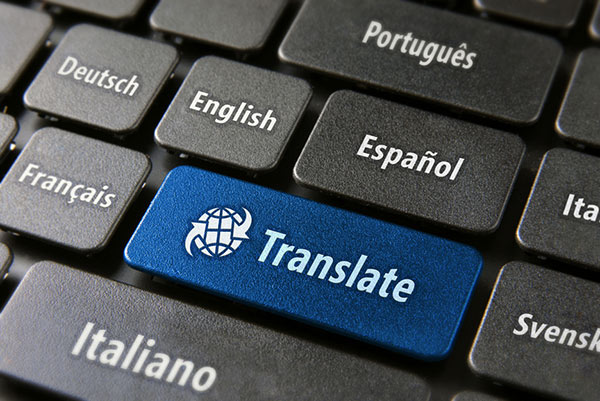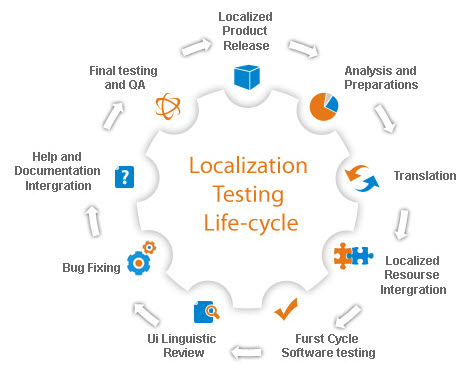Check out our list of 5 things you should ignore if you want your translating contractor to fail your project:
1. Not giving any instructions at all
You want to receive a high quality translation meeting all your requirements? It is definitely a must to provide your translation teams with instructions. For that purpose you should be familiar with the key aspects of your project: language pair, subject, target text destination, target audience, etc. Certainly, the instructions will vary depending on these. Are you going to send your vendor a project with no instructions attached? Anyway, who needs instructions!

2. Asking for Translation Instead of Localization
Indeed, tone of voice and form of address are extremely important in marketing translation or game localization. Do you need a translation of texts containing linguistic elements that are typical for source language and thus cannot be found in the target language? Well, in such cases you will often want localization and transcreation performed. Only localization and transcreation will let the text be percepted as if it were originally written in the target language, not translated.
3. Not Asking Your Translating Contractor to Create a Glossary
It’s quite a common case that you need a translation of texts containing terminology (e.g., technology, medicine, etc.). In such situation, one of the key things for obtaining a high quality results is the accuracy. Translating terms and maintaining consistency are also crucial. Creating a glossary is your true key to success. If you don’t have any terminology lists, don’t give up, ask your vendor to create one. If your vendor can deliver a glossary, it is also a solid evidence of certain professionalism.
4. Ignoring Localization Testing and Linguistic Testing
Special attention should be paid to software localization. Before assigning tasks to vendors you should discuss with them several important points:
– Translation format
– Procedures of further quality control: testing, bug fixing
– Length restriction for the strings
Bear in mind that one of the special issues with the English-Russian/Ukrainian translations is that the target text usually takes more space. That’s just the specific nature of the Russian and Ukrainian languages. That is why length restriction instructions are crucial. Mention all related elements, too: number of characters in a string, use of abbreviations and acronyms, etc.. Find more helpful facts about testing and quality assurance in our blog.
5. Not Being Involved into the Whole Process
Time and effort spent on composing instructions will save to a great deal of your time. As a result, that act of good will can also save you money. Just mention all relevant aspects and don’t forget about the specifics of your target languages. Remember: there are no trifles in an instruction.
Fore more detailed information on the subject please don’t hesitate to contact us.




